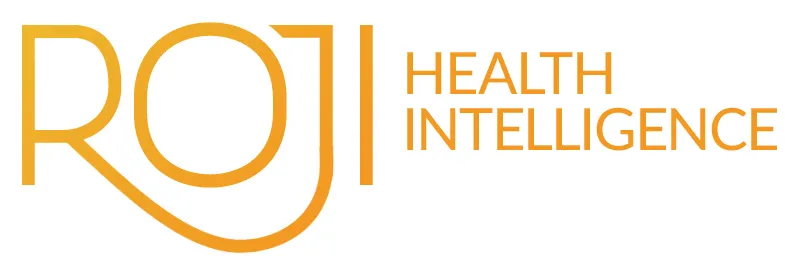Last year we predicted that CMS would step back from the complex requirements of its Value-Based Health Care initiative, in favor of reducing provider burdens for quality reporting and reducing regulation, in general. While MACRA MIPS and the move toward financial risk still remain, we correctly anticipated that Medicare would focus its efforts on its […]
What Does #MeToo Have to Do With Value-Based Health Care?
Are we measuring the right things in Value-Based Health Care? That’s the question I am asking myself while reviewing recent efforts by CMS to create better measures of health care value, called Meaningful Measures. Given current, widespread reports of sexual abuse and my recent reading about the dismal state of elder health care, I can’t […]
BPCI Advanced Means Financial Risk Is Coming for Specialists
In case you missed Medicare’s messages about its reimbursement direction in recent years, CMS just reminded us that financial risk is well on its way. If you’re developing strategies that assume the status quo, it’s time to reassess your organization’s financial footing. CMS has already stated its intention to shift 50 percent of Medicare provider […]
Time Out! How Strategic Pauses Can Enhance Medical Decision-Making to Improve Outcomes
Health care providers are under increasing pressure to improve outcomes for patients with chronic conditions. There is pressure to meet quality measures, to establish programs that improve outcomes, to decrease costs for these conditions (utilization as an outcome)—or a combination of goals. At issue: what works, what is affordable, what is acceptable to patients and […]
Reining In Medical Costs Might Work If We Could All Agree What “Cost” Means
A few days ago, a couple of providers commented on my recent posts about cost performance improvement in health care. The first of these posts reviewed obstacles to provider strategies for managing costs and how to overcome them, and the second addressed technology that providers would need to both measure and improve performance. One commenter took […]
Can the New Year Bring A Real Solution to Affordable Health Care–From Providers?
Every New Year, we commence another round of solutions to fix our expensive health care system. 2018 will be no different. A predicted 5.5 percent increase in medical costs over last year will no doubt spawn new efforts to contain direct payments to providers or transfer costs to consumers—or both. No solution has appeased health […]
The Crux of Shared Decision-Making: Who Is Actually Deciding?
Shared Decision-Making is an emotionally charged topic for both physicians and patients. Physicians believe they have their patients’ best interests at heart by guiding them into better health through therapies to improve their conditions. Physicians may believe, in fact, that by explaining health status and treatment alternatives (followed by asking the patient to decide), they […]
Is Shared Decision-Making the Path to Improved Provider Performance?
As an escalating percentage of Americans (including children) are diagnosed with diabetes and hypertension, the health care system is straining to control costs and demonstrate good clinical outcomes. No surprise that providers blame patients for lack of compliance with therapies or lifestyle changes that will improve their health status. Hence the uptick—some say warranted—in incentives […]
Choose the Right Strategies and Technology to Improve Cost Performance in Health Care
Fee for Service (FFS) reimbursement is going the way of the dinosaurs, but many providers are ignoring the signals. Here are two clear indicators: Medicare’s adoption of episodic cost models and the planned movement to financial risk models for both Medicare and Medicaid. Indeed, most Medicaid plans have now transitioned the majority of beneficiaries into […]
Providers Should Believe in Health Care Cost Control Now—If They Want to Stay in Business
Despite MACRA and other Value-Based Health Care efforts, many health care providers believe that controlling health care costs is impossible to do. They cite lack of comprehensive data about their patients and where they obtain services, and lack of control of patients’ decisions. But the real issue that providers have with cost control is much […]










